Operation Kenova: British spy in IRA ‘cost more lives than it saved’, damning Stakeknife report finds
Belfast man Freddie Scappaticci is widely believed to be the top British Army agent
Your support helps us to tell the story
From reproductive rights to climate change to Big Tech, The Independent is on the ground when the story is developing. Whether it's investigating the financials of Elon Musk's pro-Trump PAC or producing our latest documentary, 'The A Word', which shines a light on the American women fighting for reproductive rights, we know how important it is to parse out the facts from the messaging.
At such a critical moment in US history, we need reporters on the ground. Your donation allows us to keep sending journalists to speak to both sides of the story.
The Independent is trusted by Americans across the entire political spectrum. And unlike many other quality news outlets, we choose not to lock Americans out of our reporting and analysis with paywalls. We believe quality journalism should be available to everyone, paid for by those who can afford it.
Your support makes all the difference.A British spy infiltrating the IRA during the Northern Ireland Troubles probably cost more lives than the operation saved, a major independent investigation has found.
The interim findings of Operation Kenova were published on Friday following an examination of 101 murders and abductions linked to the Provisional IRA’s so-called “nutting squad”, which was responsible for interrogating, torturing and murdering people suspected of passing information to the security forces.
The report, which follows a seven-year investigation, found that the agent, known as Stakeknife, saved “between high single figures and low double figures” of lives but “nowhere near hundreds [as] sometimes claimed”.
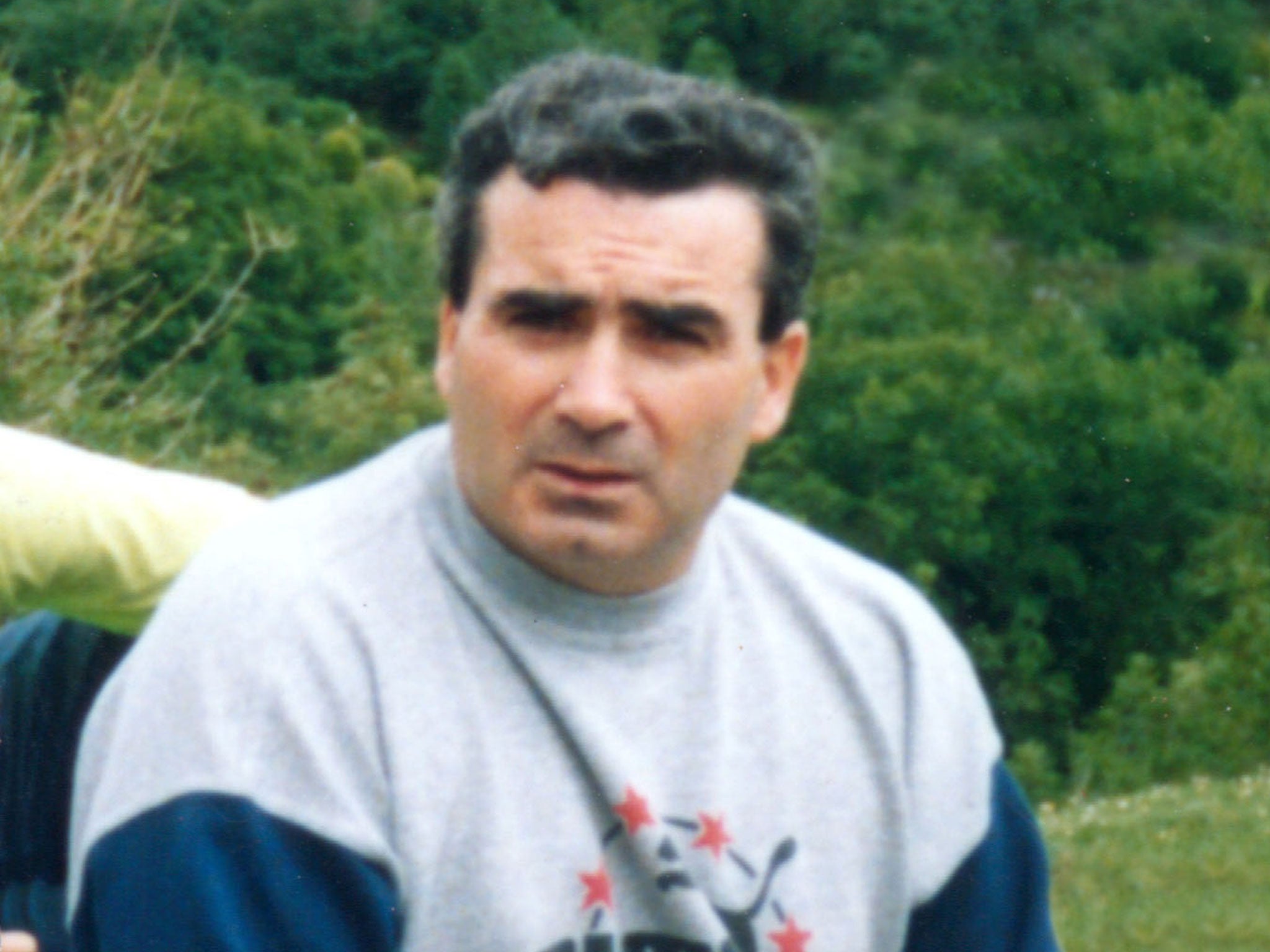
The families of victims have said the report proves “both state and the IRA were co-conspirators in the murder of its citizens”.
The report scrutinised the role of a prized agent of the British army who was embedded in the heart of the IRA’s Internal Security Unit (ISU) throughout the conflict.
The agent was widely believed to be west Belfast man Freddie Scappaticci, who was 77 when he died last year. He had denied the claims. The report stops short of confirming Scappaticci as Stakeknife, noting that the government’s “Neither Confirm Nor Deny” (NCND) policy prevents the identification of agents.
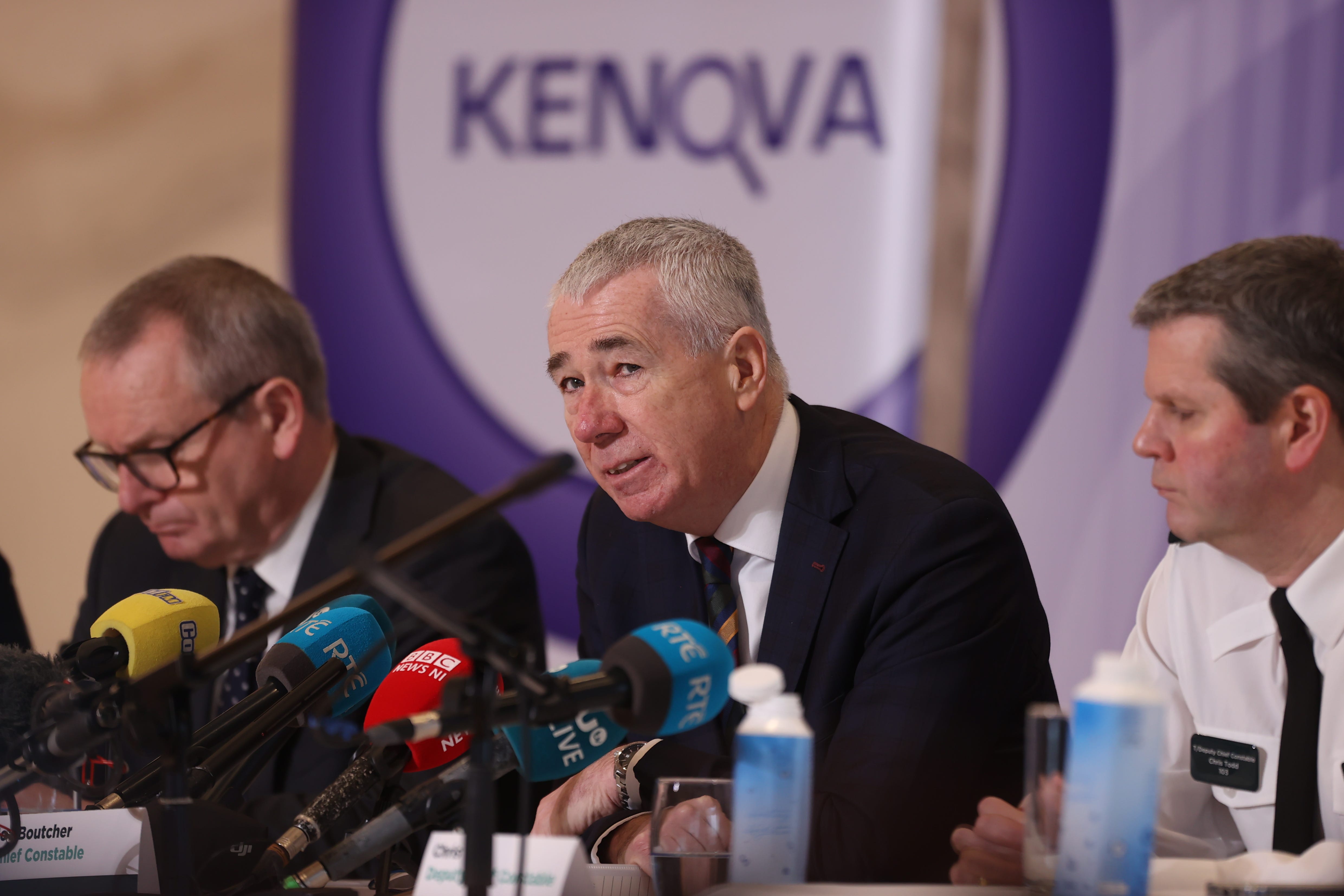
However, it says that the Kenova team had passed “strong evidence of very serious criminality” by Scappaticci to prosecutors in Northern Ireland prior to his death.
The investigation, which was undertaken by Bedfordshire Police and ran for seven years at a cost of approximately £40m, reviewed around 90 per cent of intelligence reports attributed to Stakeknife, finding he was involved in “very serious and wholly unjustifiable criminality, including murder”.
Former Bedfordshire Police chief constable Jon Boutcher, who originally headed up the Kenova investigation, estimated the number of lives saved as a result of intelligence provided by Stakeknife was in the high single figures or low double figures and “nowhere near” the hundreds that have been claimed.
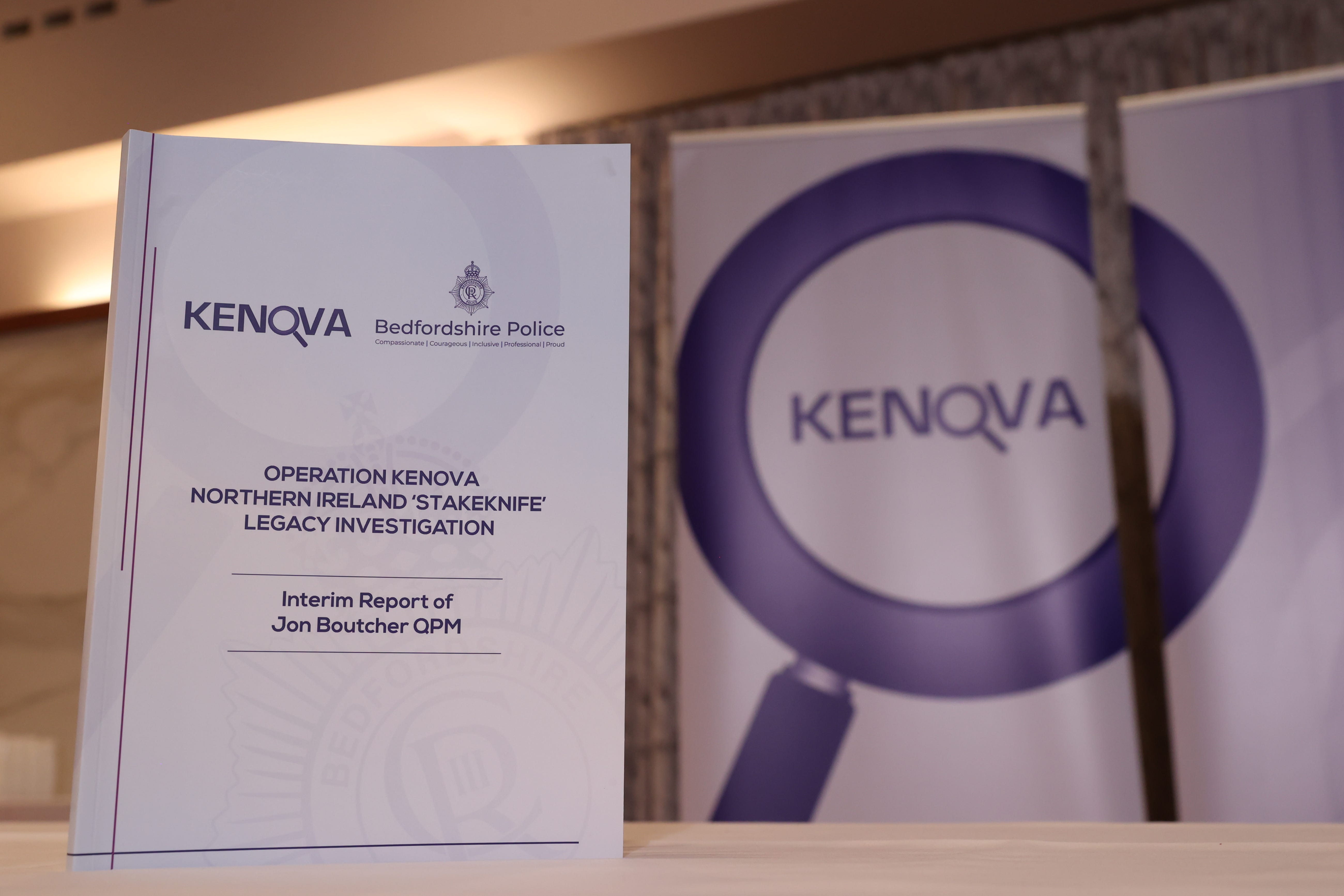
The police chief added: “Crucially this is not a net estimate because it does not take account of the lives lost as a consequence of Stakeknife’s continued operation as an agent. And, from what I have seen, I think it probable that this resulted in more lives being lost than saved.”
Among 10 recommendations in the 208-page report is a call for the UK authorities to review the application of NCND, linking the “dogmatic” policy with a failure to secure prosecutions in some Troubles cases. It said a review was needed to ensure the “totemic status” of the policy is not allowed to “obscure wrongdoing by the security forces or serious criminality by agents”.
The report also calls on the UK and the IRA to apologise to bereaved families and victims of the ISU – the security forces for failings amid a “maverick” culture for handling agents and intelligence; and the IRA for the abduction, murder and torture of people it suspected of being agents, and linked campaigns of intimidation against their families.
Solicitor Kevin Winters, who represents a number of families of victims, said victims were left with the conclusion from the investigation that the state and the IRA were “co-conspirators” in the murder of citizens. He said: “The staggering takeaway message is that the state could have and should have intervened to save lives. That this didn’t happen is legally and morally reprehensible.”

Mr Winters said there are now demands for a public inquiry into “state penetration” of the IRA during the Troubles. He added that many victims are calling for Scappaticci to be named officially as the agent Stakeknife.
Last week, the Public Prosecution Service in Northern Ireland (PPSNI) announced that no prosecutions would be pursued after it found there was insufficient evidence to pursue cases following consideration of the last batch of files from the investigation.
Some 32 people, including former police, former military personnel and people linked with the IRA, were considered for prosecution on a range of charges from murder and abduction to misconduct in public office and perjury.
Scappaticci died before any decision was made on the evidence files related to him. The report dismisses rumours that he might still be alive. Northern Ireland’s Director of Public Prosecutions Stephen Herron said on Friday he cannot confirm whether a prosecution would have been brought against Scappaticci had he not died.
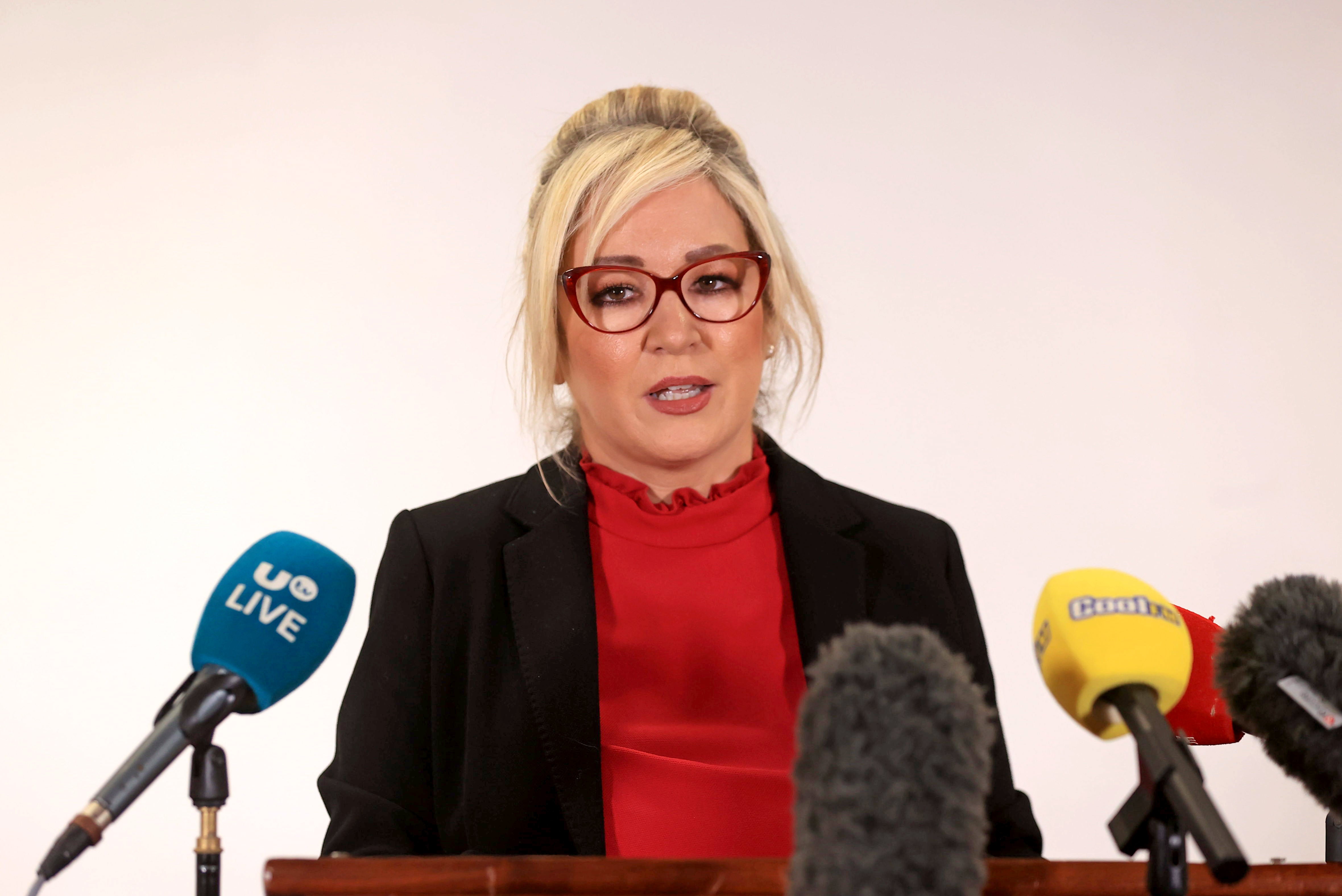
Presenting the findings as the report’s author on Friday, Mr Boutcher expressed surprise at the length of time it took the PPSNI to make prosecutorial decisions in the case.
Mr Boutcher – who is no longer part of the Kenova team, having left the role last year to become chief constable of the Police Service of Northern Ireland (PSNI) – also said the Kenova investigation had encountered difficulties accessing information from state agencies and spoke of attempts to undermine its work.
Speaking at a press conference, he told affected families: “You are not mad, this was happening and this should not have happened. Murders that should and could have been prevented were allowed to take place.”
In the report, Mr Boutcher said “various myths and erroneous stories” have built up around Stakeknife, whose identity he expects the government will allow Kenova to reveal in its final report.
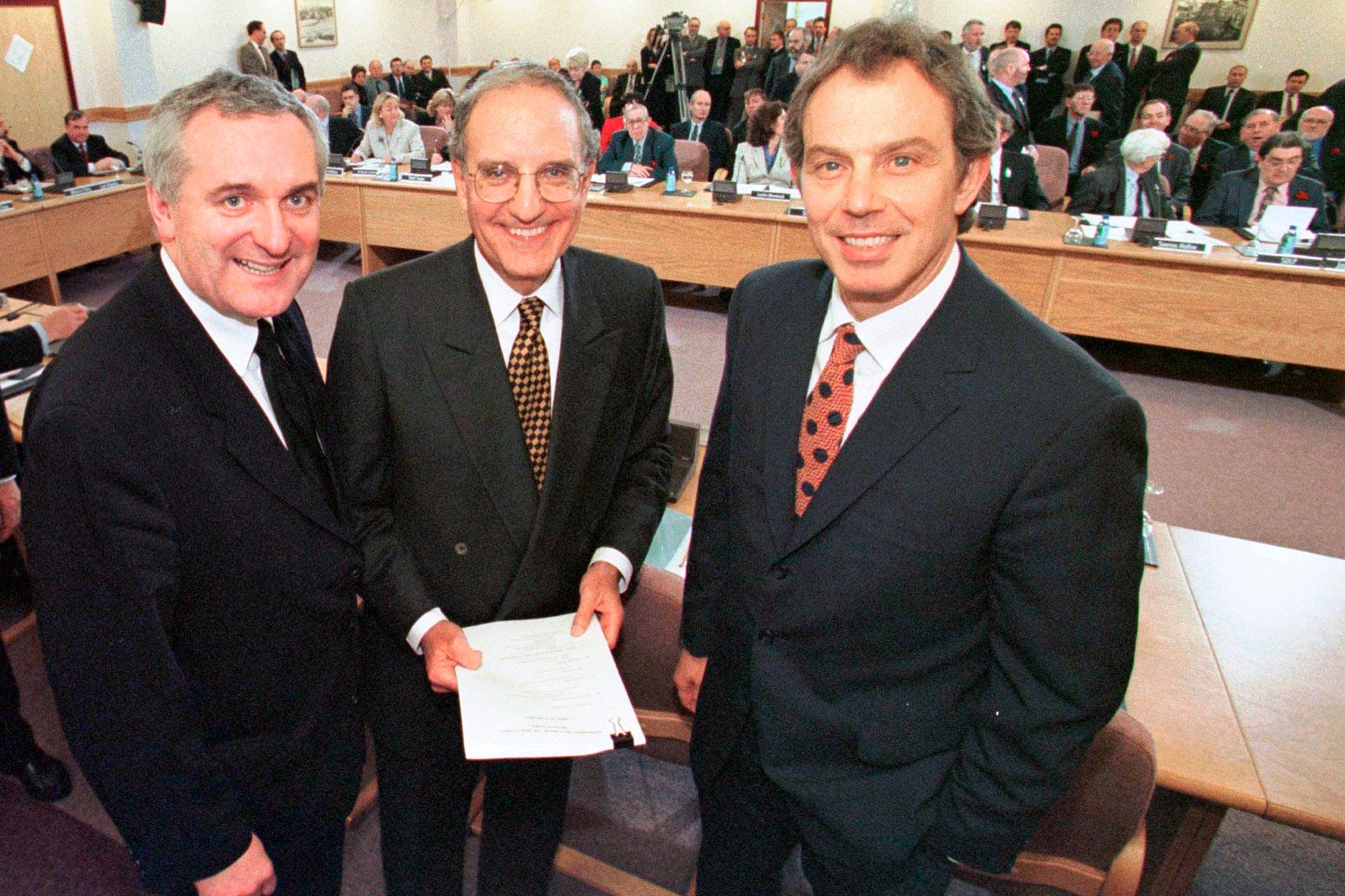
It branded as “wild nonsense” claims that Stakeknife met Margaret Thatcher and other cabinet ministers and had visited Chequers.
Mr Boutcher said those within the security forces are defensive about the agent, viewing him through “rose-tinted spectacles” and claiming Stakeknife potentially saved “hundreds of lives” while people outside the establishment overestimate the number of crimes the agent was responsible for.
Describing Stakeknife as “undoubtedly a valuable asset who provided high-quality intelligence about PIRA at considerable risk to himself”, Mr Boutcher said the suggestion the agent saved countless lives, being “likened to ‘the goose that laid the golden eggs’”, was not grounded in fact.
He added: “Furthermore, there were undoubtedly occasions when Stakeknife ignored his handlers, acted outside his tasking and did things he should not have done and when very serious risks were run.”
Mr Boutcher said: “Fundamentally, even if it were possible accurately and reliably to say that a particular agent within a terrorist group did more good than harm, the morality and legality of agents doing any harm with the knowledge of, or on behalf of, the state is something that we would never, ever allow today.”
The PSNI chief said the use of agents undoubtedly saved lives during the Troubles. However, he said there were occasions when preventable crimes were allowed to happen and went unsolved as a result of efforts to protect agents. He identified several cases of murder where the security forces had advance intelligence but did not intervene in order to protect sources.
He acknowledged the “exceptionally stressful” operating climate the security forces worked in, and said handlers often faced dilemmas where there was “no right answer”. The report said mistakes and questionable decisions were “inevitable and understandable”.
But it said a lack of legal framework to govern the use of agents during the Troubles created a “maverick culture” where agent handling was considered a high stakes “dark art” that was practised “off the books”.
The report said: “State agents do need to be protected through anonymity and secrecy, but that protection cannot confer de facto immunity or a right to act with impunity as that would be wholly incompatible with the rule of law and human rights.”
Reacting to the interim findings, Northern Ireland’s First Minister Michelle O’Neill said she is sorry for all lives lost during the Troubles and apologised to the families of alleged informers who were killed by the IRA. Sinn Fein’s Stormont leader said the hurt of political violence cannot be disowned by republicans. “I am wholeheartedly committed to healing the wounds of the past,” she said, adding that she believes an apology from the British government “should be forthcoming”.
Downing Street said it extended its sympathies to all those impacted by the Troubles but said No 10 would not comment on the report until the inquiry had completed its work.
Stormont justice minister Naomi Long welcomed the publication of the report. “This has been a long and difficult journey for those families seeking the truth about what happened to their loved ones,” she said. “I sincerely hope that today brings some measure of comfort for them.”
